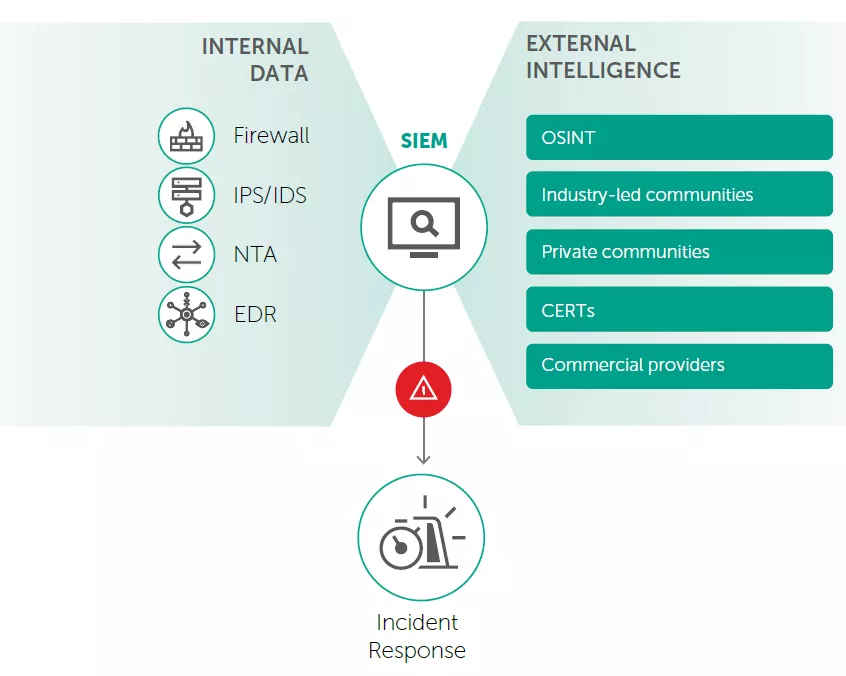|
Introduction: As technology continues to advance at an unprecedented pace, autonomous robots have emerged as one of the most exciting and promising fields. These intelligent machines, capable of performing tasks without human intervention, are revolutionizing various industries and reshaping the way we live and work. This article explores the incredible potential of autonomous robots and how they are transforming our world. Definition and Features of Autonomous Robots: Autonomous robots, also known as self-driving or intelligent robots, are machines that can operate independently without constant human control. They possess advanced sensors, machine learning algorithms, and decision-making capabilities, allowing them to perceive and interpret their environment accurately. These robots can adapt to changing conditions, make informed decisions, and execute complex tasks with precision and efficiency. Applications in Industry: Autonomous robots have found significant applications across multiple industries. In manufacturing, they streamline production processes through automated assembly lines and material handling. These robots can optimize efficiency, enhance product quality, and reduce costs. Furthermore, in healthcare, autonomous robots assist in surgeries, perform repetitive tasks, and provide patient care, alleviating the burden on medical professionals and improving patient outcomes. Transportation and Logistics: The transportation sector is undergoing a remarkable transformation with the introduction of autonomous robots. Self-driving cars are being developed by leading automobile companies, promising safer and more efficient road transportation. Additionally, autonomous drones are revolutionizing logistics by enabling swift and accurate delivery services. These robots can navigate complex terrains and reach remote areas efficiently, opening up new possibilities for e-commerce and emergency response systems. Agriculture and Farming: In agriculture, autonomous robots are enhancing productivity and sustainability. They can perform tasks such as planting, harvesting, and crop monitoring with precision, reducing labor-intensive efforts and optimizing resource usage. These robots can analyze soil conditions, detect pests and diseases, and apply fertilizers selectively, leading to improved crop yields and reduced environmental impact. Challenges and Future Developments: While autonomous robots promise incredible benefits, several challenges need to be addressed. Safety concerns, ethical considerations, and regulatory frameworks are critical aspects that require careful attention. Ensuring the security of autonomous systems and safeguarding them against potential hacking or misuse is paramount. Furthermore, ongoing research and development are necessary to enhance robot perception, decision-making, and adaptability. Conclusion: Autonomous robots are at the forefront of technological advancements, offering immense potential for various industries and sectors. They are transforming traditional processes, improving efficiency, and enabling us to tackle complex challenges more effectively. However, as we embrace this future, it is essential to strike a balance between innovation and addressing ethical, safety, and regulatory concerns. With continued advancements, autonomous robots will undoubtedly play a pivotal role in shaping the future of technology and our society as a whole.  |
